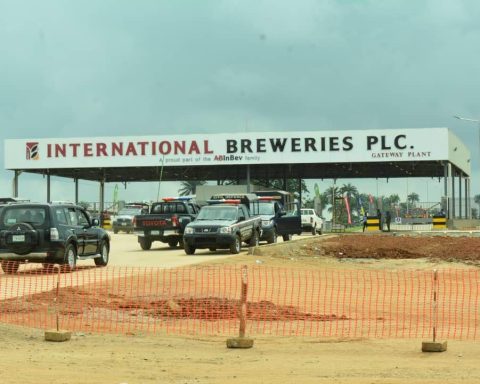Hunger in Nigeria is worsening, with millions struggling to afford food. The United Nations warns that 82 million Nigerians—64% of the population—may go hungry by 2030. Rising inflation, poor policies, and insecurity are driving food scarcity. This crisis could destabilise the country if not addressed urgently. While the government defends its economic reforms, experts and grassroots movements argue that more targeted interventions are needed.
Why Hunger in Nigeria is Increasing
Several factors contribute to food insecurity in Nigeria. The removal of fuel subsidies and the floating of the naira have led to skyrocketing food prices. The cost of fertilisers and agricultural inputs has also surged, making farming less profitable.
Join our WhatsApp ChannelInsecurity in rural areas is another major factor. Armed conflicts, especially in the North-East, prevent farmers from cultivating their land. Over four million people in this region are already experiencing severe food shortages. Climate change further worsens the problem, as irregular rainfall and desertification reduce crop yields.
READ ALSO: How Lawmakers Spend Billions On Exotic Cars As Nigerians Battle Hunger
A 2024 World Bank report highlighted that food prices increased by 28% in the previous year alone. Experts warn that without urgent intervention, the situation will deteriorate.
Government Policies: Are They Helping or Hurting?
President Bola Tinubu’s administration defends its economic reforms, claiming they are necessary for long-term growth. However, critics argue that these policies have made life harder for the average Nigerian.
Economic expert Dr. Femi Adeyemi believes the government needs a more strategic approach “Removing subsidies without proper cushioning measures has worsened food insecurity. The government must prioritise mechanised farming, invest in local food production, and stabilise the naira to lower food import costs.”
Despite the government’s claims, many Nigerians are struggling. In August 2024, hunger protests erupted in different parts of the country. Citizens are demanding immediate relief from the soaring cost of living.
The Role of Corruption and Mismanagement
While Nigerians go hungry, political leaders continue to spend public funds on luxury. In 2023, the National Assembly members purchased SUVs worth N57.6 billion. The government also spent N90 billion on subsidising the 2024 Hajj pilgrimage.
These expenditures raise questions about priorities. Agricultural policies remain underfunded, and farmers lack access to credit and modern equipment. South Africa, by contrast, has successfully adopted biotechnology to increase food production. Nigeria could follow suit, but political will is lacking.
Grassroots Efforts to Fight Hunger
Despite government shortcomings, grassroots organisations are stepping up. NGOs and religious groups are distributing food aid and training farmers on sustainable agriculture.
Daniel Olorunyomi, a food security advocate, emphasises the importance of community-driven solutions “We cannot wait for the government to act. Local initiatives, such as urban farming and cooperative agriculture, are helping families survive. However, these efforts need more support.”
Innovative solutions, such as hydroponic farming and urban agriculture, are gaining traction. These methods allow food production in small spaces, reducing reliance on traditional farming.
What Needs to Be Done?
To prevent a full-blown crisis, Nigeria must take immediate action:
- Increase Agricultural Investment: More funding is needed for mechanised farming and irrigation projects.
- Improve Security: Farmers must be protected from attacks by armed groups.
- Support Local Food Production: Lower import tariffs and encourage the use of improved seeds.
- Strengthen Social Welfare: Expand food aid programmes to vulnerable populations.
- Ensure Policy Transparency: Reduce corruption and allocate funds to critical areas like agriculture.
Without urgent action, hunger in Nigeria will worsen, leading to more social unrest and economic decline. The time to act is now.
Emmanuel Ochayi is a journalist. He is a graduate of the University of Lagos, School of first choice and the nations pride. Emmanuel is keen on exploring writing angles in different areas, including Business, climate change, politics, Education, and others.














